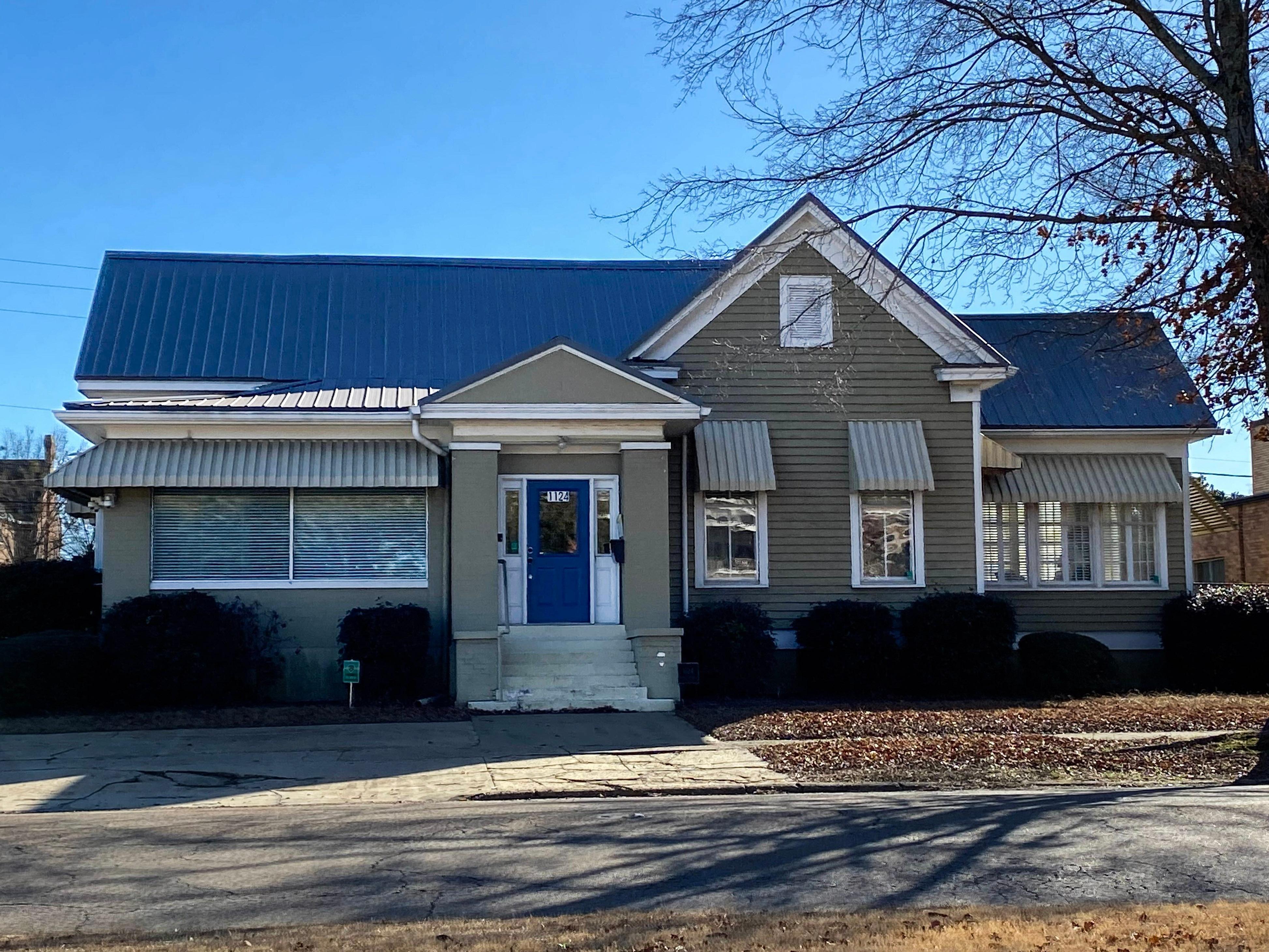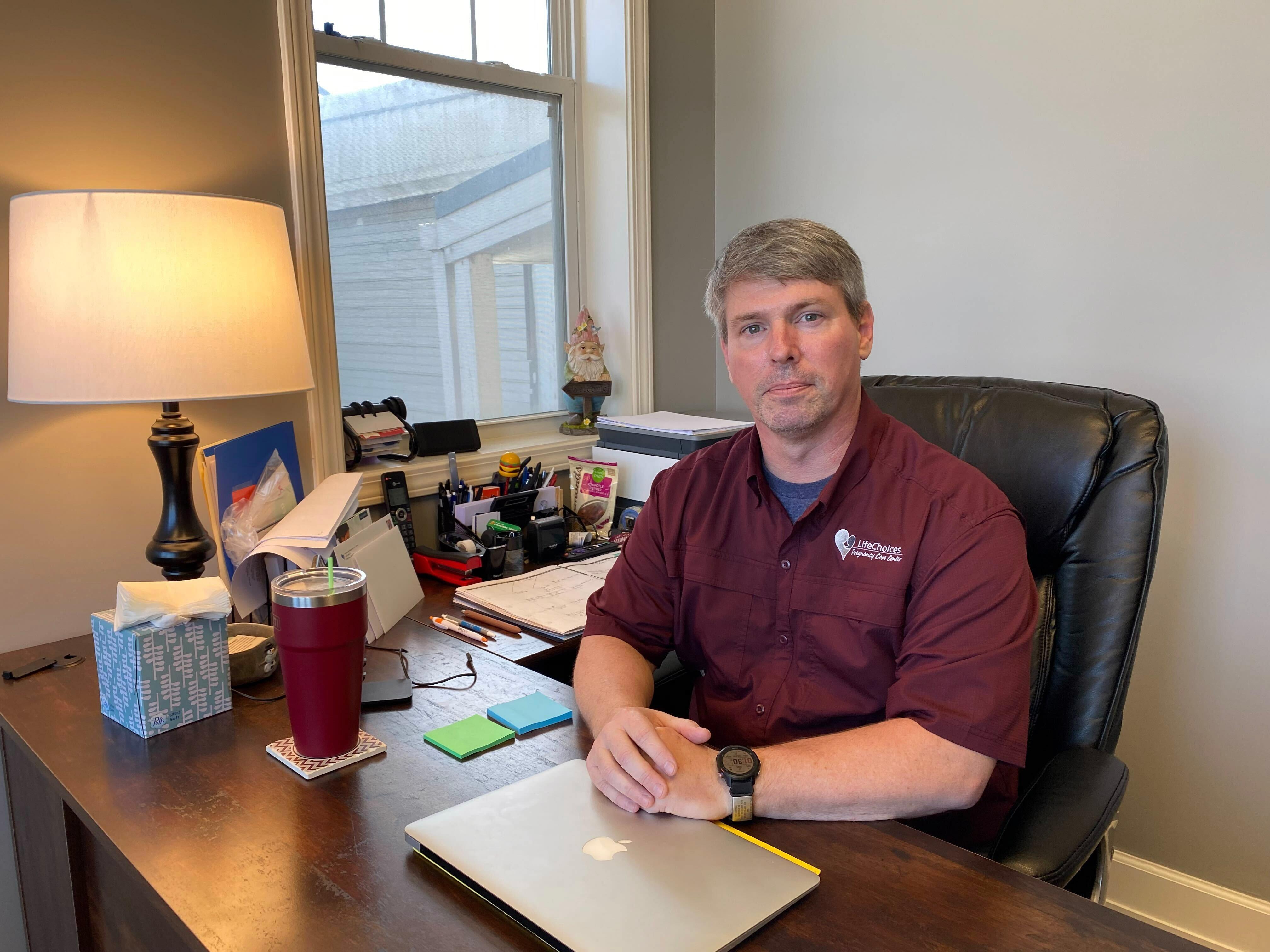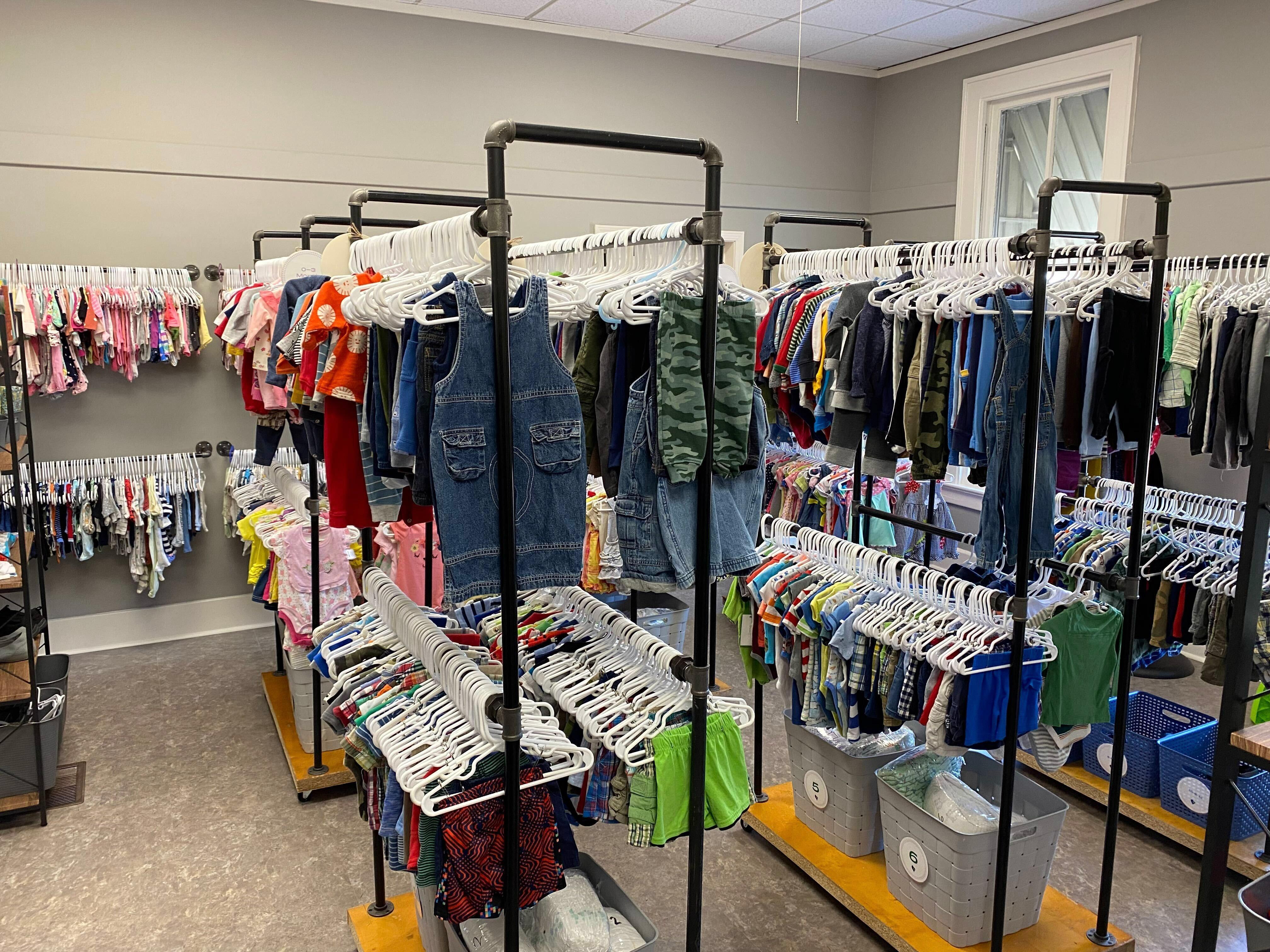Life Choices doesn’t charge women for using their services. They rely on the Columbus community and programs, such as the Choose Life license plate, to keep their doors open. Campbell says his center has clients who sometimes travel long distances for a visit, and some come over from Alabama.
The center refers women to physicians nearby and helps them advocate their concerns with their doctors. Most of Life Choices’ clients are lower-income women, and he said the center helps women navigate their options.
“We've had clients say, ‘I don’t want to have a baby because of the cost,’” he said. “We're like, ‘But do you know about Medicaid?’ And they're like, ‘Oh, what is that?’”
Nearly half of the live births in Mississippi are covered by Medicaid, but that coverage expires 60 days after the birth of the child. Any ongoing health care needs for new mothers aren’t covered after two months. Mississippi has one of the highest rates of maternal mortality in the country, and most of those deaths occur after childbirth.
With the state's near-total ban on abortions, that means more, riskier births for moms in the region. And as states adjust to abortion bans, pregnancy resource centers like Life Choices may begin to emerge as the only options for some pregnant people.
These centers are often criticized for steering women away from getting abortions. Campbell said they don’t avoid the topic, but Life Choices is proudly anti-abortion.
“We do educate on abortion,” he said. “We don't shy away from it. We tell them the risk of abortion. What abortion is, all that good stuff, but then we also talk about adoption.”
This story was produced by the Gulf States Newsroom, a collaboration among Mississippi Public Broadcasting, WBHM in Alabama and WWNO and WRKF in Louisiana and NPR. Support for reproductive health coverage comes from The Commonwealth Fund.






